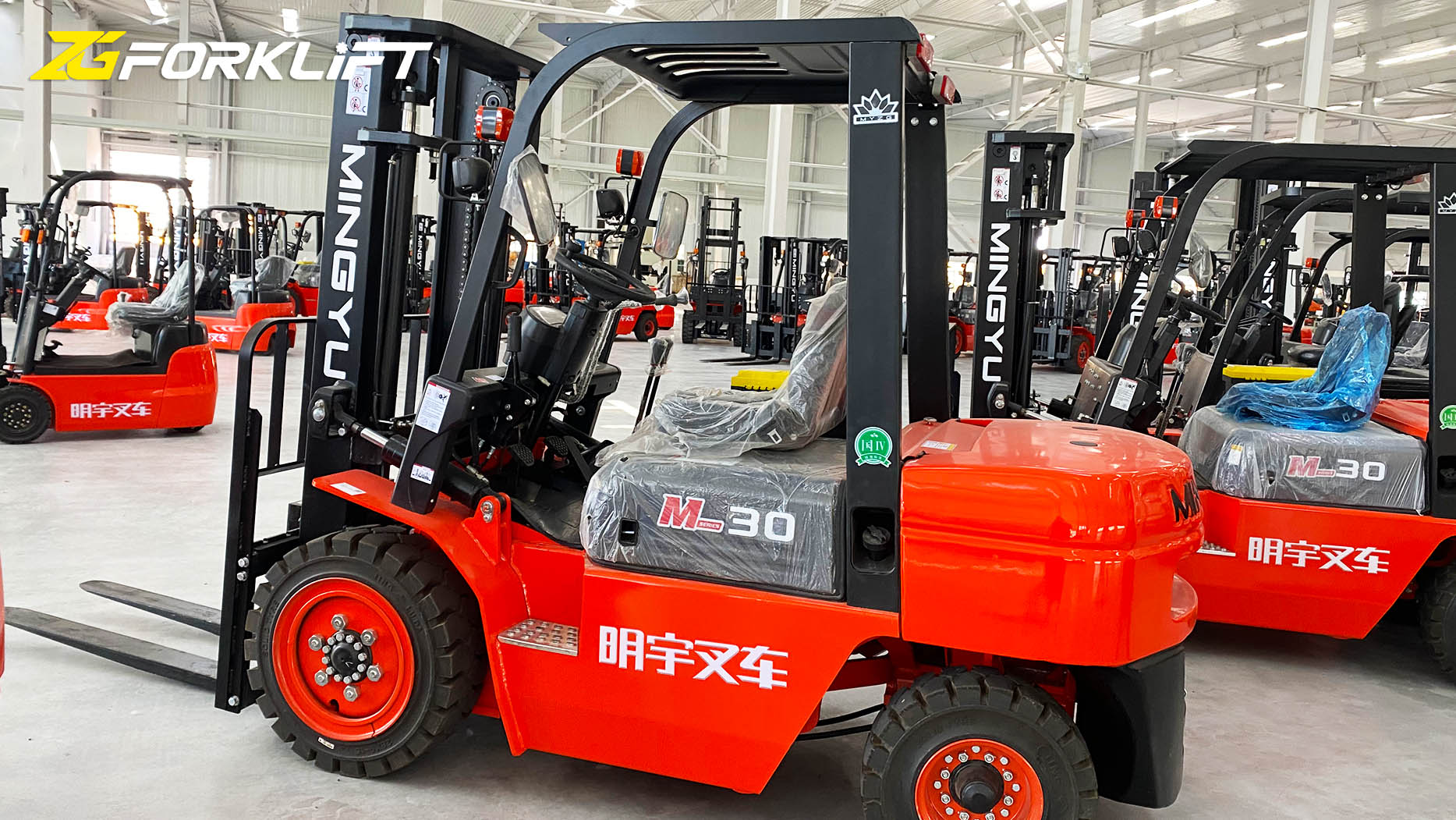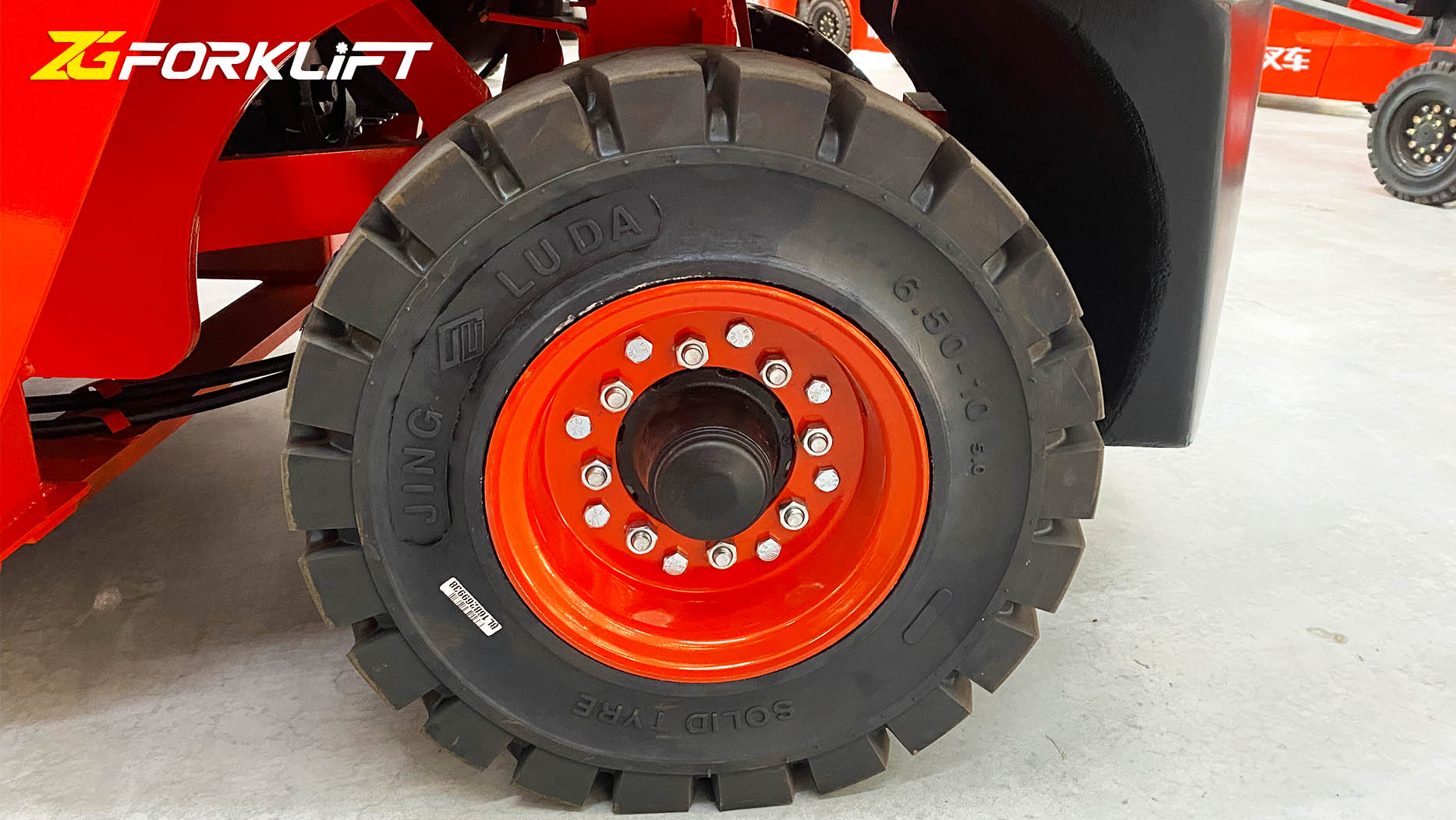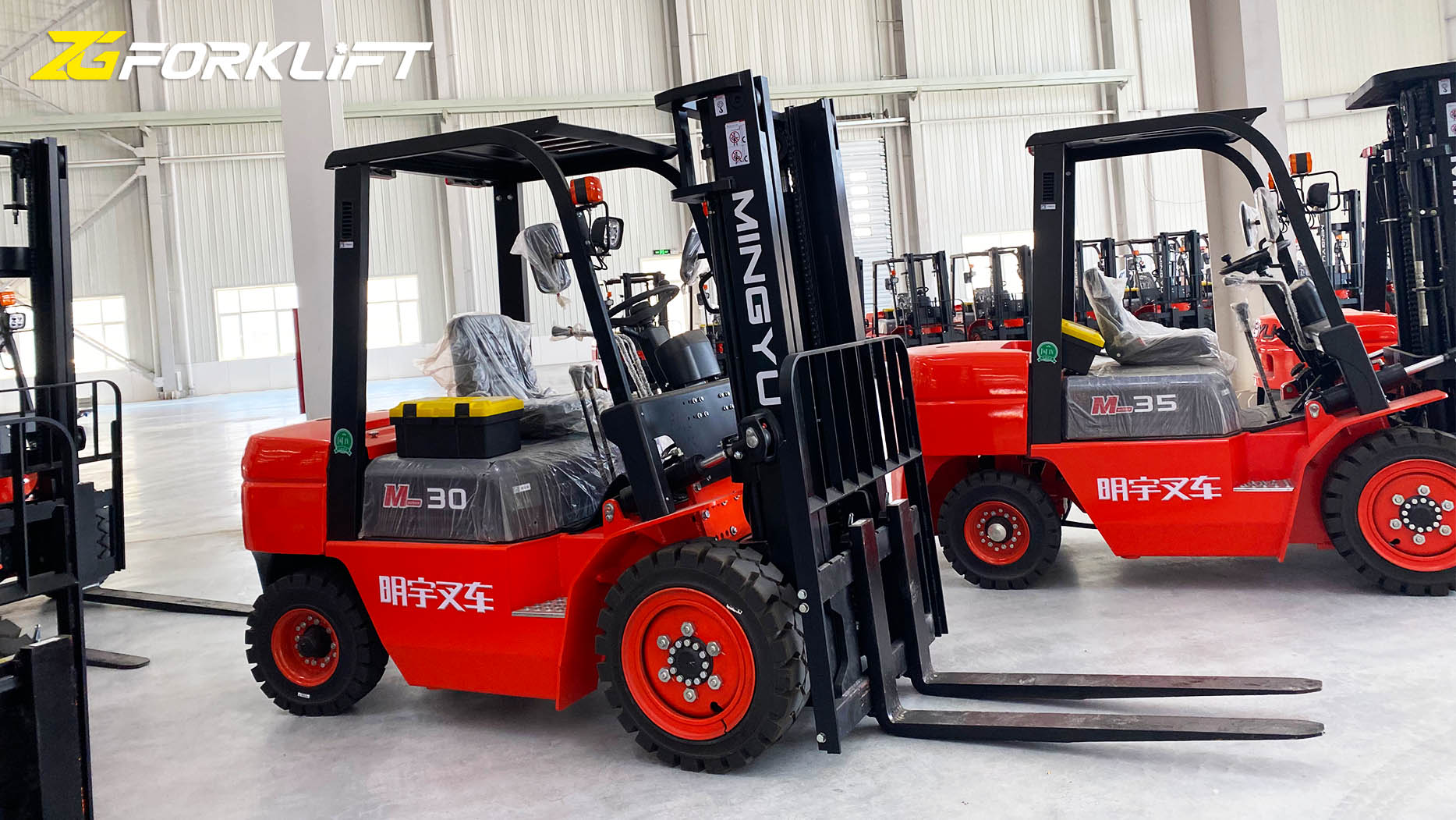I. Introduction
Operating a forklift is a serious responsibility that requires proper training and qualification. Forklifts are powerful machines that can pose significant safety hazards if not operated correctly. This article will explore the essential requirements for operating a forklift, including mandatory training, certification, and other important considerations to ensure safe and responsible operation.
II. Forklift Operator Training
Mandatory Training: OSHA (Occupational Safety and Health Administration) mandates that all employees who operate forklifts must undergo formal training. This training is crucial for ensuring operator safety and preventing accidents.
Training Content: Comprehensive training programs should cover a wide range of topics, including:
Forklift operating principles and controls: Understanding the various controls, including steering, lifting, tilting, and braking.
Load stability and handling techniques: Proper load balancing, securing methods, and avoiding overloading.
Workplace hazards: Identifying and avoiding potential hazards such as pedestrian traffic, obstructions, and uneven surfaces.
Pre-operational inspections: Conducting thorough pre-operational inspections to identify and address any potential mechanical issues.
Emergency procedures: Responding to emergencies such as tip-overs, collisions, and fires.
Certification: Upon successful completion of the training program, operators must be certified to operate the specific type of forklift they will be using. Certification typically involves a written or practical test to assess the operator's knowledge and skills.
III. Age Requirements
Minimum Age: Most jurisdictions have minimum age requirements for forklift operators, typically 18 years old. This age restriction ensures that operators possess the maturity and judgment necessary for safe operation.
IV. Medical Requirements
Physical and Mental Fitness: Operating a forklift requires physical and mental fitness. * Employers may require operators to meet certain physical and mental health standards, such as adequate vision, hearing, and physical dexterity. * Medical evaluations may be conducted to assess an operator's suitability for forklift operation.
V. Other Considerations
Drug and Alcohol Testing: Many employers conduct drug and alcohol testing for forklift operators to ensure a safe and productive work environment.
Background Checks: Some employers may conduct background checks to ensure that operators have a clean driving record and no history of safety violations.
Company Policies: Individual companies may have specific requirements and policies regarding forklift operation, such as additional safety training, experience requirements, and drug and alcohol testing procedures.
VI. Importance of Proper Training and Certification
Enhanced Safety: Properly trained and certified operators are significantly more likely to operate forklifts safely, reducing the risk of accidents and injuries.
Increased Productivity: Trained operators are more efficient and productive in their work, leading to increased productivity and reduced downtime.
Reduced Liability: Proper training and certification help employers minimize liability in case of accidents.
VII. Conclusion
Operating a forklift requires more than just the ability to drive. Meeting the necessary requirements, including formal training, certification, and adherence to company policies, is crucial for ensuring the safe and efficient operation of forklifts. By prioritizing safety and investing in proper training, employers can create a safer work environment for all employees and minimize the risk of accidents.
Post time:Feb.12.2025



